Buzzard Buzzard Buzzard – Skinwalker. I’m fully aware that for the first 46 seconds of this album, you may be questioning my sanity when I tell you this is one of the most tuneful and well executed pop/rock albums I’ve heard recently. The band self-describes as “horror metal,” and while I can’t imagine any metal-head rocking out to this record, the horror tropes are in full force here. Songs about cutting off human skin and putting it on a soon-to-be-living creation vie with songs about slowly compressing a human body in some insidious machine. But, honestly, this horror stuff is no more serious than Alice Cooper ever was, and the tunes are as catchy and well arranged as his classics of the early 70s. Maybe even better in some cases. Imagine the Sweet crossed with King Gizzard and the Lizard Wizard for a vague idea of what’s going on here.
Gumbo – Stir the Pot. It ain’t easy to find much info online about this hip hop duo – “gumbo” is a word with a whole lot of presence on the internet. The two rappers are named respectively Caro Adé and Danger! I assume they have some Louisiana background, though in songs they imply they are from Los Angeles. They’ve teamed up with Chuck D to do some merchandise project that also involves Black Lives Matter. Fortunately, I can listen to the music, and I can assure you this album is one powerhouse hip hop record. The beats are deep and sometimes experimental grooves – there’s one that sounds like it’s built on an African thumb-piano that I particularly love. I haven’t figured out which voice is which, but both have distinctive rapping styles. Lyrically, they pull no punches – Gumbo is opposed to white supremacy and its relationship to capitalism. They sing about “War” as the state in which the races exist. That’s just one aspect of their consistently clever approach to describing daily life – of course, there are songs concerning food, and there’s a tribute to the late comedian Paul Mooney that makes a case for his name needing to be much better known. And I make the case that Gumbo the hip hop duo’s name should be much easier to Google.
Leyla McCalla – Sun Without the Heat. It’s always good to get a new release from one of the Our Native Daughters collective. McCalla may not get as much attention as her peers, but she is making lovely records. This one places her deceptively simple singing in a variety of rhythmic settings ranging from various African styles to Brazilian to American folk. Whether singing over a delicately plucked acoustic guitar figure with an elastic bass line and a beat played on some sort of shaker (“Scaled to Survive”) or matching her vocal to the guitar line in a sort of desert blues song (“Love We Had”), McCalla is always perfectly suited to her musical surroundings. This record is comfortable, yet just restless enough to keep things interesting.
Tyla – Tyla. The most enticing new r&b record is by a South African woman who mixes amapiano along with other seductive rhythms and has hooks galore at the same time. Her American hitmaking seems to have come via Tik Tok and youTube. She sings melodic tidbits in a very rhythmic fashion, and uses lots of chorused backing vocals to emphasize the hooks. Her sex songs show off a fresh take – “Make me sweat / Make me hotter / Make me lose my breath / Make me water” or “I’ll be your piece / Your A-R-T” – and in between she loves to dance and make listeners want to dance. It’s been a while since somebody has come up with a new entry in the astoundingly great lineage of songs with the word “Jump” in the title, but the one she offers here, aided by Gunna and Skillibeng (whoever they might be) is worthy of its name.
Katie Pruitt – Mantras. This is the second album by a fine singer/songwriter whose music mixes up indie rock, country, and confessional folk. She has a warm voice in the upper alto / lower soprano range, and she uses it in compelling ways to deliver her simple yet effective melodies. Her lyrics stand out – she seems to possess a higher level of self-understanding than most, and is willing to accept when her friends change religions or her lovers move on to something new or her parents grow old and move from her childhood home. The process of this acceptance is what she documents, including all the questions, and the search for understanding that she goes through. Sometimes she rocks out, especially on the first three songs. Other times she just sings really pretty and always she connects emotional truth to experience.
James Elkington & Nathan Salsburg – All Gist. Once upon a time, I studied up on all the musicians playing on everybody’s albums, but eventually the print on CDs got too small and the streaming options made it harder to find out. If I had been paying attention, I would know that Elkington is a guitarist who has worked with Jeff Tweedy and Richard Thompson, among other faves, while Salsburg has played with Joan Shelley and Jake Xerxes Fussell. This is their third collaboration of acoustic guitar duets, and here I am just discovering all this. I love this record. Take two highly talented players each of whom loves to compose complex yet maddeningly lovely tunes and set them to working out intricate arrangements (which usually also involve a bass player, but also sometimes a violin, other strings, brass, or woodwinds), and you get something that deserves to be considered with all the names I mentioned above and then some. There’s also a two acoustic guitar and one stand-up bass rendition of Neneh Cherry’s “Buffalo Stance” which is effective not only for the very surprising nature of its existence.
Noah Haidu – Standards II. Imagine a casual jazz buyer picking this album up on the basis that it’s a piano trio and the songs are familiar. Said purchaser gets home and drops the needle on track one, and here comes drummer Billy Hart slicing and dicing rhythms up on his cymbals and hi hat. A significant amount of time passes before bassist Buster Williams (side note: I saw him play with a whole bunch of great musicians in the early 90s at the late lamented Just Jazz club in St. Louis) drops in some notes and then Haidu slams some chords and melody lines that don’t have any obvious connection to “Over the Rainbow,” the song in question. Every once in a while across ten minutes, melodic fragments come into focus that remind you of what Judy Garland once sung. It’s a magnificent deconstruction of a song so ridiculously familiar. The other six tracks here vary in approach, with “Days of Wine and Roses” and “After You’ve Gone” playing the whole tunes before solid improvisations, and “Someone to Watch Over Me” and “Up Jumped Spring” slowed down and tinkered with. I don’t think this is your standard standards album.
Connie Smith – Love, Prison, Wisdom and Heartaches. Sixty years after her first big country hit, Smith still sings with a powerful, warm, and comfortable vocal approach. This album includes twelve classic country songs from the likes of Merle Haggard, Loretta Lynn, Dottie West, and Gogi Grant. (Okay, Grant was no country singer, but “The Wayward Wind” is basically a country song.) I’m only acquainted with five of these songs, one of which “Seattle” written by Hugo Montenegro, was only known to me from its use as the theme song to a TV show I barely remember, Here Come the Brides. It turns out Smith actually recorded a version of “Seattle” back in ’68. It doesn’t matter whether I know the songs or not, Smith knows them inside and out, and she clearly loves singing them. Once again, the album is produced by her husband, Marty Stuart, and it’s a clean, classic pop/country sound that Smith has lived in her whole life.
The Lemon Twigs – A Dream Is All We Know. These guys have a fairly limited record collection – mostly 60s pop/rock classics from the likes of the Beach Boys, the Association, the Left Banke, and some others I can’t immediately identify. But they have studied their records very carefully, and are able to reproduce sounds and melodic fragments as if they were human sampling computers. The result is another pastiche of music that may not be original but does hit the pleasure centers in those of us who love the same records they do. The Beach Boys get the most nods this time around, but hey, there’s a curveball thrown in the last cut, which kind of sounds as if Dwight Twilley was singing on a Slade record – they’ve got 70s DNA, too!
Ann Savoy – Another Heart. I was already predisposed to like Ann Savoy because of her status in the Cajun music world. Imagine my heartbeats racing as she proceeds to perform “A Heart Needs a Home” by Richard & Linda Thompson; “Waterloo Sunset” by the Kinks; “Stolen Car” by Springsteen; and “Who Knows Where the Time Goes” by Sandy Denny. These are four masterpieces which she sings beautifully in very stately arrangements. The album is pretty much all stately – her originals and traditional songs fit perfectly with the above-named cover versions. There’s no janky-jank rhythms on this record, but Savoy still sounds in touch with her Cajun community especially on “Cajun Love Song” and “Gabie’s New Year’s Lament.” The album is just plain beautiful.
Ian Hunter – Defiance Part 2: Fiction. A sequel to his album last year which really just reflects the fact that he recorded multiple songs with most of the same guest stars and he didn’t want to put them all out at once. As much as I enjoyed Part 1, I think Part 2 might be filled with even more classic Ian Hunter rock’n’roll. He knows how to casually write anthemic melodies, how to sing them powerfully with only a rasp and a minimum of range, and how to make whatever he’s got on his mind seem conversational and musical at the same time. He rails against marketing and the loss of rock’n’roll, he sings of murder and he sings of hope, and he declares joyfully “Everybody’s Crazy But Me.” As before, the guest stars stay in the background – you’ll recognize one of Jeff Beck’s final recorded guitar solos, and Lucinda Williams sings a verse, but otherwise, the likes of Benmont Tench, Taylor Hawkins, Joe Elliott, and Brian May are happy to be session musicians in the service of a major songwriter.
Various Artists – My Black Country: The Songs of Alice Randall. Alice Randall has been a successful country songwriter for decades, but I had never heard of her until her recent book on African-Americans in country music. Heck, she’s written critically acclaimed novels, too. I’m just out of the loop. In conjunction with her new book comes this album collecting eleven or twelve (one duo here) of the finest African-American country singers doing songs Randall has given to other artists over the years. Three out of four Our Native Daughters are here – Leyla McCalla, Allison Russell, and Rhiannon Giddens – as are Adia Victoria, Sunny War, Miko Marks, and Valerie June, to name the singers I’ve heard and loved before. I’m gonna keep my eyes out for the other singers, too, especially Saaneah and the duo SistaStrings. The songs are uniformly excellent, and put in one place, you can spot interesting connections – a love of Western settings, horseback riding, and a feminine deity. First rate songwriting and singing here!
Big Freedia with the Louisiana Philharmonic Orchestra – Live at the Orpheum Theater. This just might be my favorite live recording in many, many years. I have enjoyed Big Freedia casually before, but this record insisted I keep playing it again and again. That New Orleans bounce sector of hip hop is pretty much guaranteed to make me want to dance, but crank it up to ten with Freedia’s luscious baritone (capable of rapping like a champion and singing like Caruso), energetic call and response vocals from the backing singers, extra-propulsive live rhythms from drums and bass, and the whole gosh darned Philharmonic Orchestra of the state of Louisiana throwing up rhythmically insistent strings, brass, and at least once flute. It’s explosive, hook-filled excitement that never lets up – nice guest appearance by Tank of Tank and the Bangas, too.
Camera Obscura – Look to the East, Look to the West. I’m amazed that this Scottish pop combo has been around for pretty near as long as this Century has. They triumph with a light touch, spritely melodies delivered in a straight forward manner by singer Tracyanne Campbell, generally augmented by a close harmony. Album after album they have provided catchy, comfortable songs which are often compared to those of Belle and Sebastian, but which to my ears have a less grating sound to them. The new record is more of the same, eleven new cuts, and the only two I don’t love are the ones where the piano leads instead of the full band. Some bands don’t have to progress from project to project, they just know how to do what they do really well.
Ibibio Sound Machine – Pull the Rope. This dance ensemble, headed by Eno Williams, has been consistently reliable for several years now. She sings alternately in English and in a Nigerian language, but either way her vocals are essentially another rhythmic cog in an often complex machine of propulsion. The urge to move the body is vital with this group. Sometimes the music pulls African elements into Western electronic instrumentation, and sometimes the dance forms are European. Either way, this record is full of insistent hooks provided by vocals, synths, or horns. A joy to experience.
Adeem the Artist – Anniversary. This makes at least two great albums in a row by this Tennessee singing/songwriting talent. Adeem writes of experiences both rare and commonplace, and hits the heart of each. Here’s a song about a reunion with a guy they wanted to sleep with years before, and the differing motivations of each. Here’s one about the complex joys of parenthood, the changing expectations and the love that continues to grow. And here’s one about the pain and shame of seeing a young boy dead in the background of a report on the war in Gaza seen on CNN. Mind you, Adeem can rock, too – I’ll take the revved-up guitar explosions in “Plot of Land” straight into my veins, please. They can sing, they can think, they can express themselves in ways that communicate meaning and feeling.
Mdou Moctar – Funeral for Justice. Since the last album back in 2021, Mdou Moctar and his band has been unable to return to their native country of Niger, due to the political situation there. I don’t speak the language, but all reports are that the lack of aid from the US for the people of Niger has pissed off Moctar plenty, making this new record the fiercest of his career. The music definitely matches that mood. It’s louder, faster, looser, and just plain more exciting than it’s been before. The first song really explodes into your eardrums as soon as it starts and never lets up. The Tuareg rhythms are there, only sped up, and Moctar lets his guitar scream in almost Western fashion more or less throughout the song. There is more variety on the rest of the record, but it’s all incendiary music this time around.
Nubiyan Twist – Find Your Flame. This British-based band just gets better and better. Now, with the addition of full-time vocalist Aziza Jaye, there is a consistent focus to their still constantly shifting mix of influences and styles. Jazz chords and changes bump against electronic sonic interjections over polyrhythmic African approaches with rapping styles of wide variety supported by insistent Afrobeat-inspired horn riffs set against Jaye’s musically voracious vocals. This new album doesn’t let up, offering powerful incentives to move the body. Guest appearances by Nile Rodgers and Seun Kuti give what you’d expect; guest appearances from Ria Moran, corto.alto, NEONE the Wonderer, and K.O.G. make me wonder what else do these people have to offer?
Billie Eilish – Hit Me Hard and Soft. For her third album, Eilish pushes further against the conventions of the pop stardom she’s owned since she was 17 – five years ago. Putting words to the music of her borther Finneas O’Connell – or does he put music to her words? – she is happy enough to follow all the stylistic twists and turns he wants the melodies to take. An exquisite singer, Eilish coos and roars, rides the top part of the mix or buries herself underneath layers of other sounds. At all times, inspired melodies are wedded to her feelings of heartbreak and lust, stalkers and over-eager lovers, self-esteem issues and self-congratulations for denying her emotions. The record flows as an album more than a collection of individual songs – in fact, I suspect she and Finneas are sabotaging potential hit singles. The end part of “L’amour de ma Vie” is a dance sensation that could be huge on its own, but here serves as a coda to a much more dour song. My fave is “Birds of a Feather” which could have snuggled alongside Toni Braxton or SWV about ten years before Eilish was born. “The Diner,” the aforementioned stalker song, sounds a bit like a cross between the Slits and Fun Boy Three, even further back before she was born. “Bittersuite” and “Blue” end the album by squishing song fragments together as if she and Finneas were trying to create their own “A Quick One (While She’s Away).”
Dua Lipa – Radical Optimism. Hey, here’s another third album from a gigantic pop star. This one isn’t going to have any trouble getting on the radio and filling up dance floors. Lipa claims this album has a new sound which embraces psychedelia, but I don’t hear anything radical except the optimism. The dance beats are bangin’, and Lipa delivers strong melodies and big hooks no matter which of several producers is at the helm on any given song. I can’t say that I have a handle on Lipa’s personality, but in the studio at least, she likes to have fun. Her laughter in the intro of “Anything for Love,” is infectious enough to make me keep playing the last three songs even if they aren’t quite as catchy as the rest.
Chris Smither – All About the Bones. Like Dua Lipa – and I’m fully conscious of the fact no other writer has ever pointed out any comparison between these two – Chris Smither has a track where he leaves in his own laughter at the end of a song. This one happens to be a version of Tom Petty’s “Time to Move On,” which honestly, I only just realized wasn’t a Smither original when I looked up the credits on this record after playing it for a couple weeks. Similarly, I just noticed Eliza Gilkyson did the original “Calm Before the Storm.” Smither has a distinctive approach to the guitar and to singing that makes everything he does sound as if it belongs to him. (Heck, he used to own Chuck Berry songs, especially “Tulane.”) He’s been making records since the early 1970s, though a 15-plus-year gap between his first and third release accounts for the fact this is only his 20thalbum. If you’ve heard him before, you know what to expect – smart, funny, cynical takes on life and love deftly packed with word play and sung with tight connections to the heart of the melody and lyrics, and played over his intricate finger picked chords and stomping feet. Nice coloration comes from drums, occasional saxophone and female backing vocals, and a few other assorted instruments dropped in. My fave? “If Not For the Devil,” a playful take on the theological need for evil as a concept.
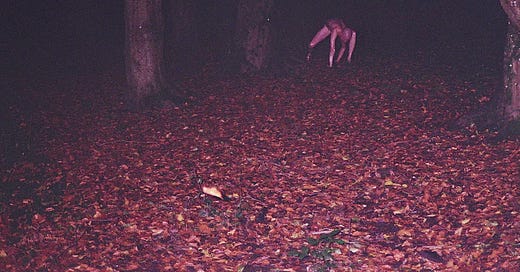




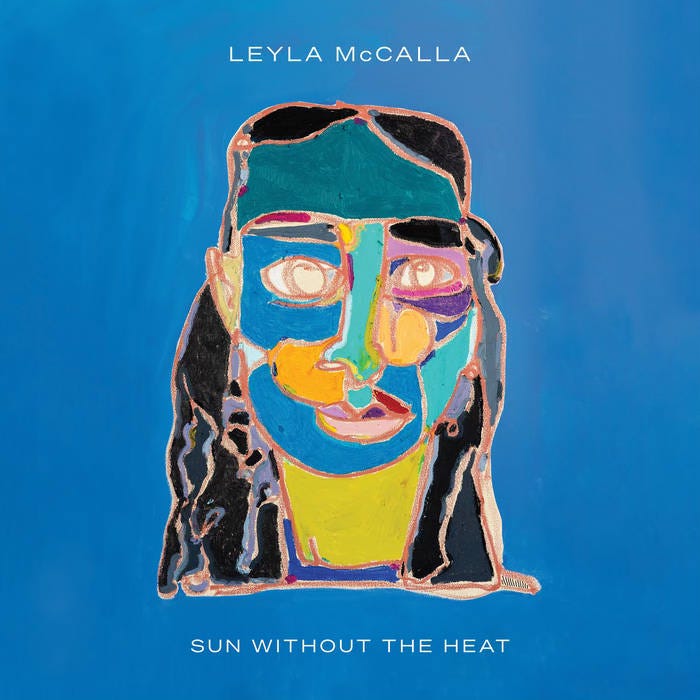
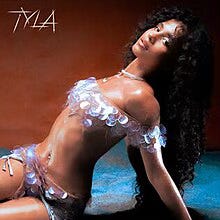
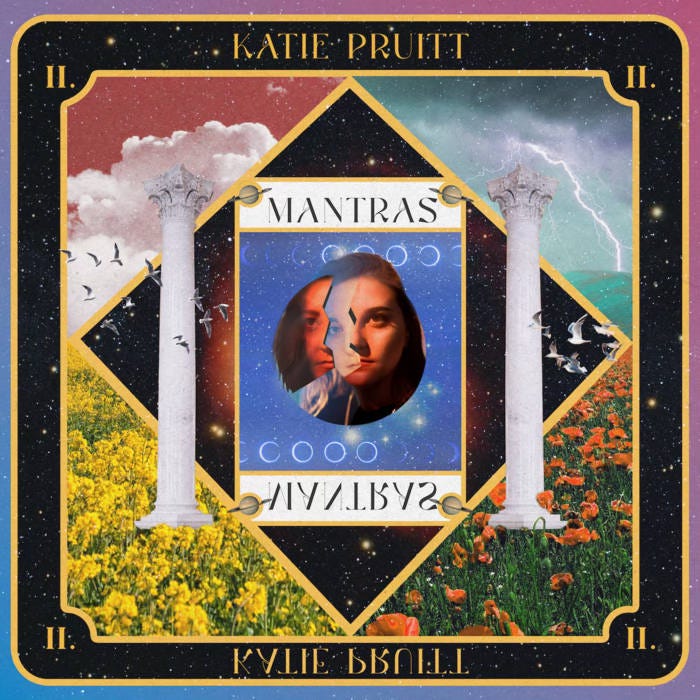
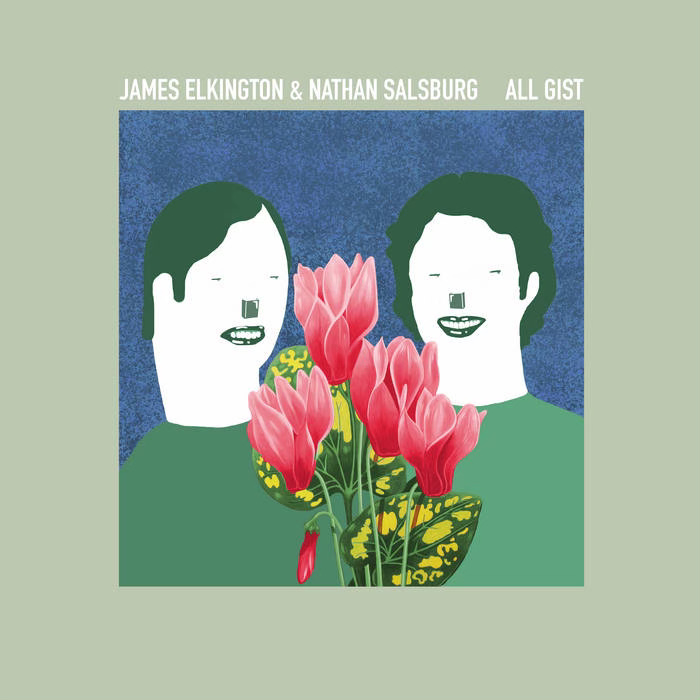

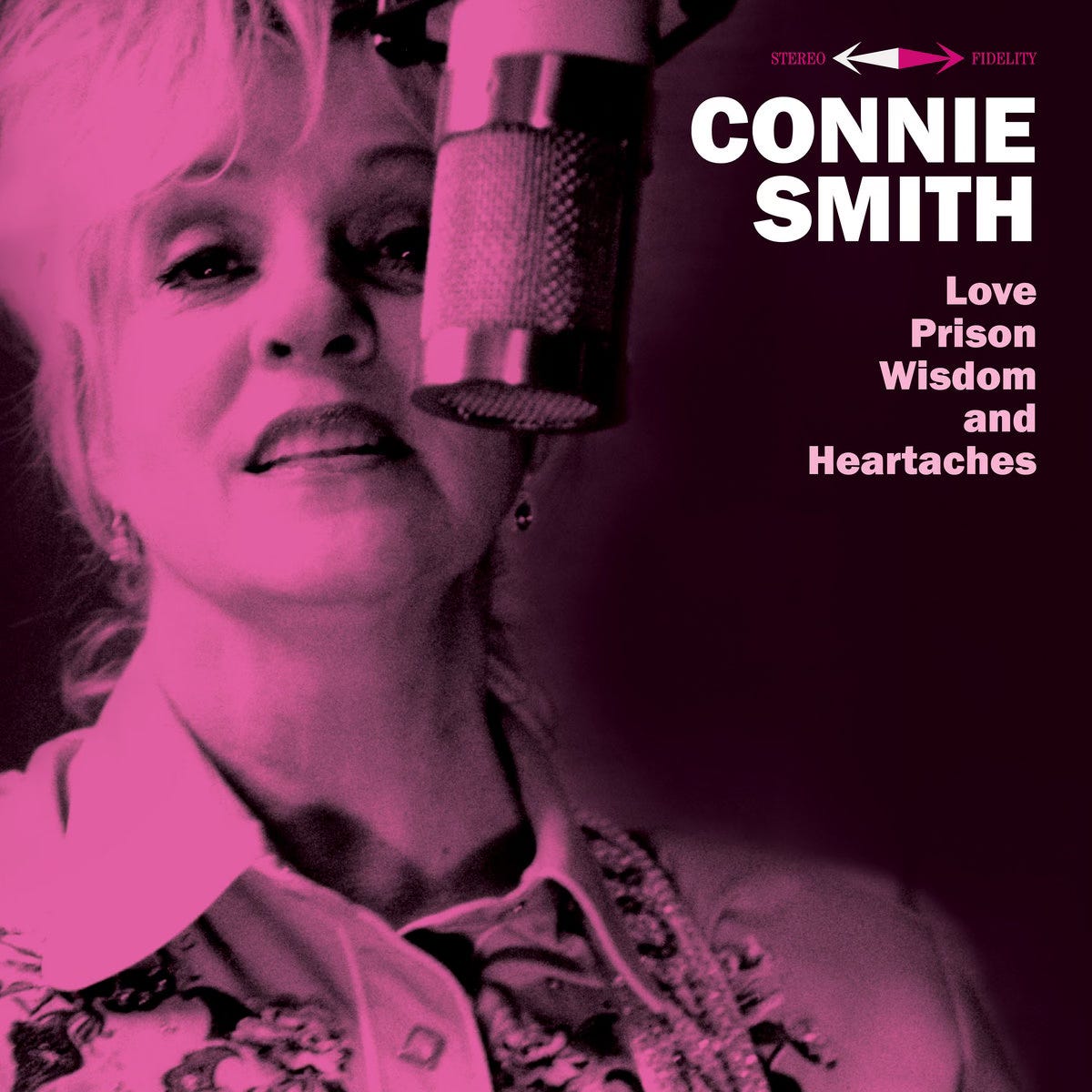
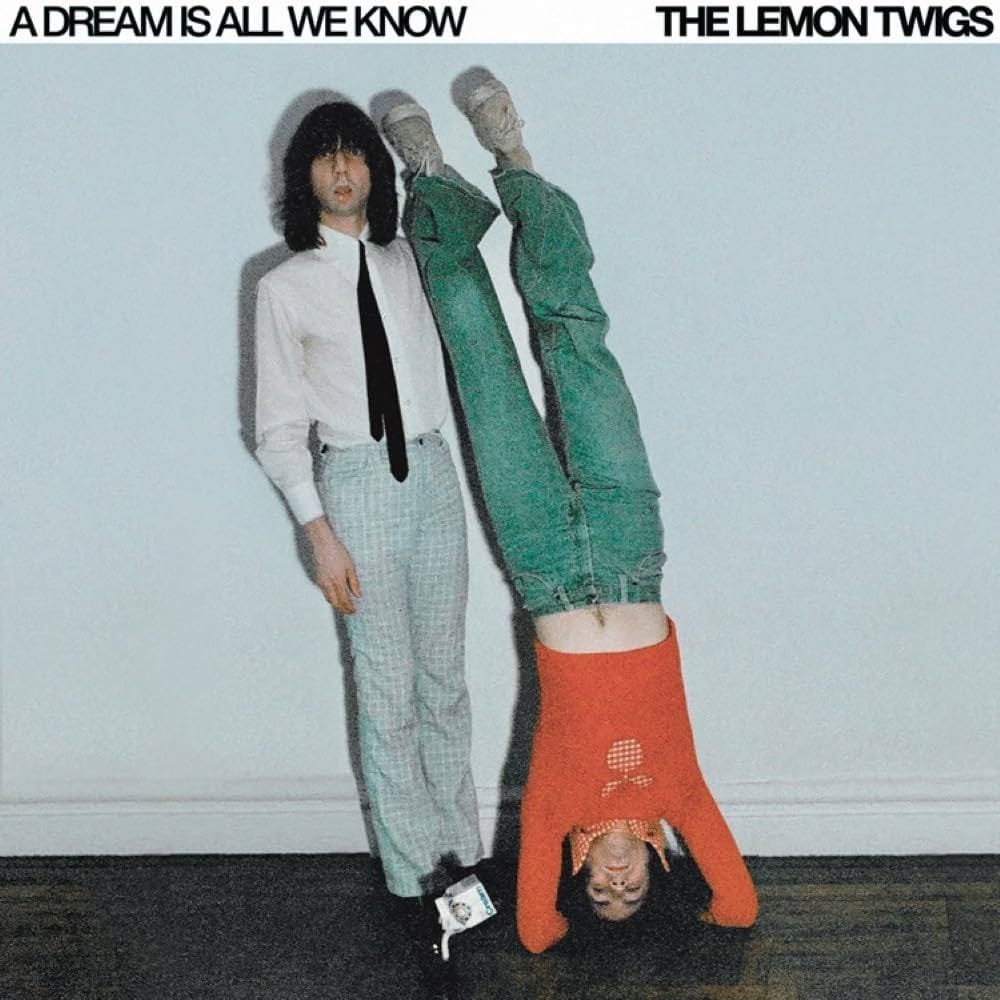


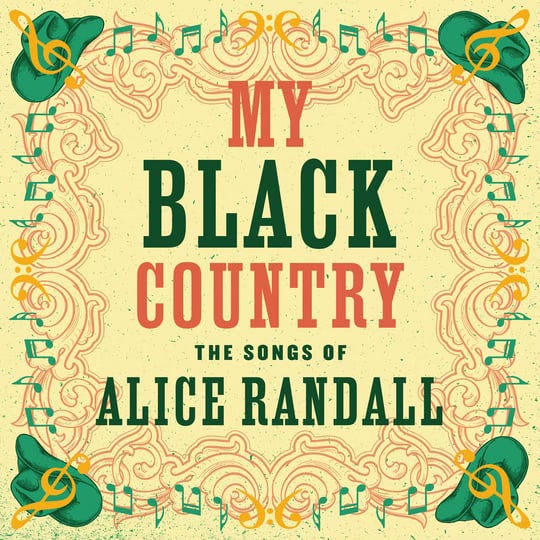
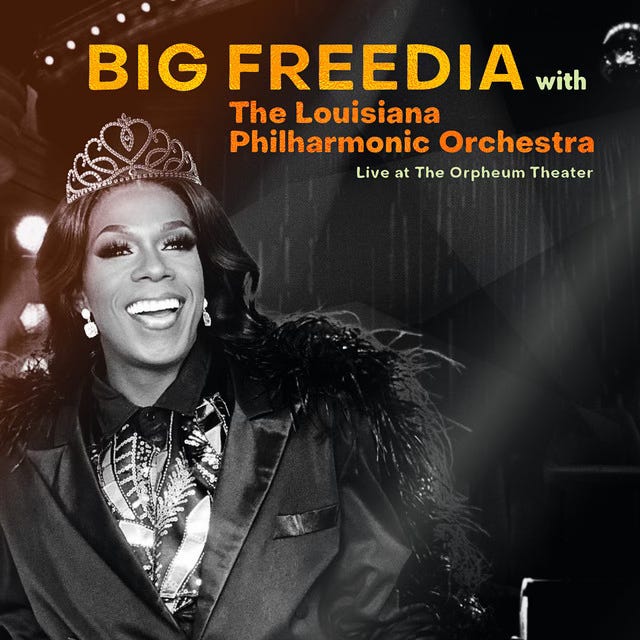

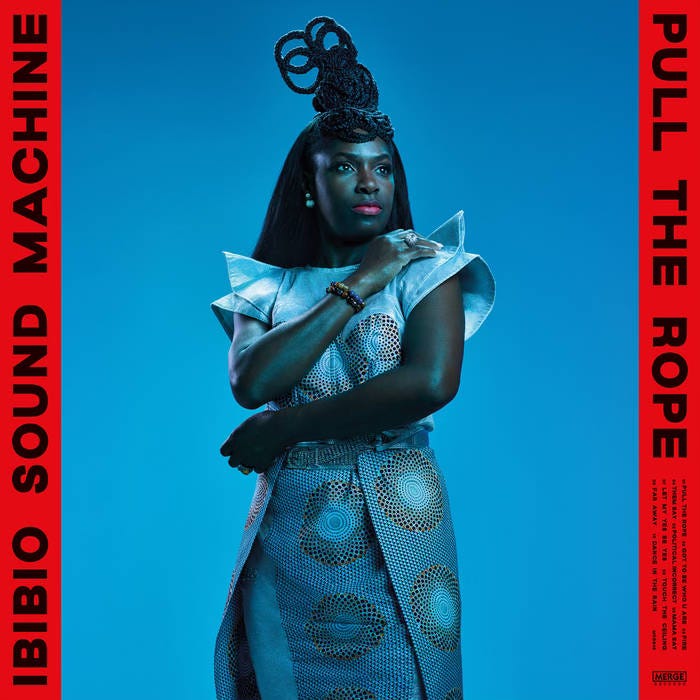
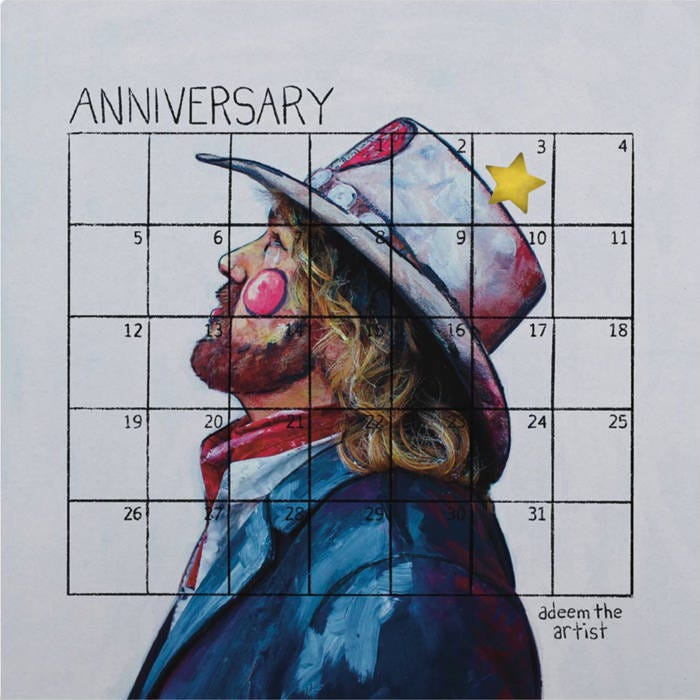

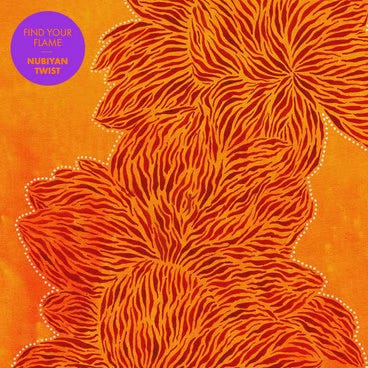



On your recommendation I’m trying out Skinwalker, and three songs in I’m having a lot of fun. Thanks!
I saw Nathan Salsburg with Joan Shelley (Mrs. Salsburg?) and I found myself focused on his excellent, tasteful playing.